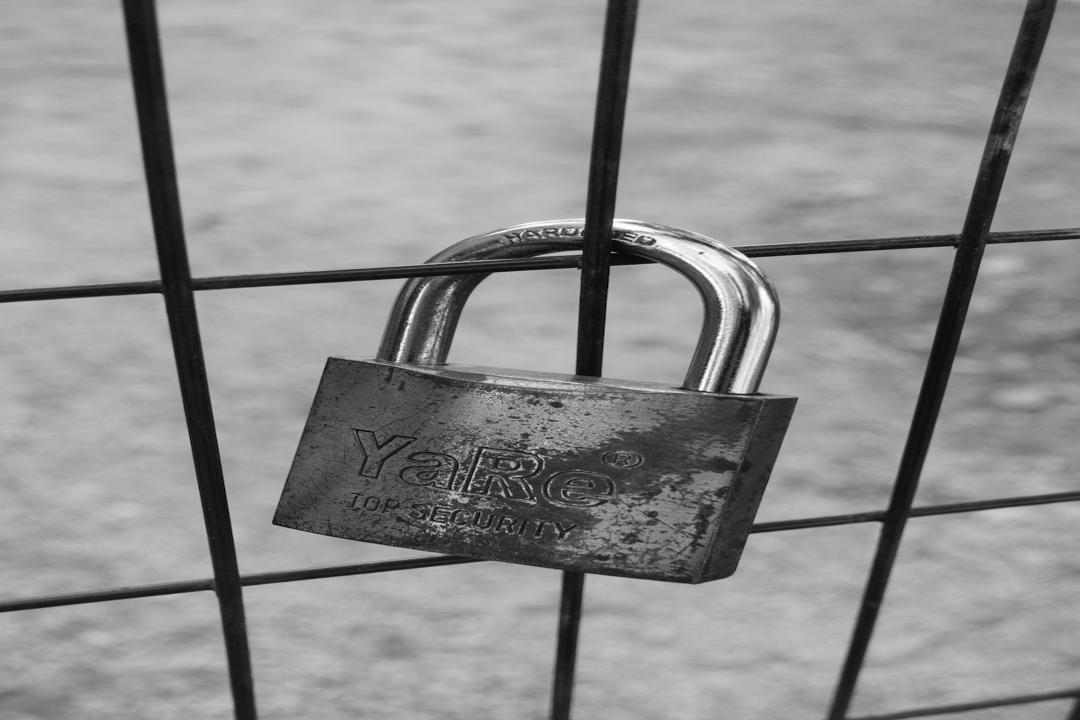Monica Long, the president of Ripple, recently made a significant disclosure in the company’s latest filing regarding On-Demand Liquidity (ODL) partners. This disclosure was made in response to the SEC’s motion for remedies and entry for final judgment, in which the SEC requested approximately $2 billion in fines from Ripple. As one of the executives testifying in support of Ripple’s opposition to the SEC’s request, Long’s testimony held weight due to her extensive experience with Ripple and her current oversight of the company’s Compliance and Risk Management Committee.
Long, in her role as president, is familiar with Ripple’s XRP distributions, including present and past sales contracts related to XRP and the context surrounding these transactions. In her testimony, she provided several key developments related to the ongoing litigation, particularly regarding Ripple’s XRP distribution through ODL partners.
One notable revelation was that Ripple’s Singapore subsidiary had already received authorization to sell XRP to ODL customers before the SEC filed its lawsuit against Ripple. This subsidiary operated under a licensing waiver in compliance with Singapore regulations. Following the lawsuit, the Singapore subsidiary became responsible for entering into XRP sales contracts with new ODL customers, which were executed in accordance with Ripple’s licensing exemption until October 2023.
By that time, the Singapore subsidiary had obtained a Major Payment Institution license from the Monetary Authority of Singapore, allowing it to conduct Digital Payment Token Services and govern the sales of XRP to ODL customers.
Long emphasized that the contracts facilitating XRP sales from Ripple’s Singapore subsidiary to ODL customers explicitly stated that they were subject to Singaporean law. These contracts also included a non-assignment clause, meaning the rights and obligations outlined within them couldn’t be transferred to another party.
After thorough investigation, Long testified that all ODL customers of any Ripple subsidiary using XRP in the ODL product are located outside the United States, except for three licensed exceptions. She also noted that these ODL customers are considered sophisticated counterparties.
Long made it clear that Ripple itself, as a U.S.-based entity, doesn’t have any ODL customers. Instead, its subsidiary handles these sales.
Additionally, Long highlighted that neither Ripple nor any of its subsidiaries engaged in the sale of XRP from the SEC’s filing in December 2020 until the U.S. court’s decision in July 2023.
Disclaimer: This article is for informational purposes only and should not be considered financial advice. The views expressed in this article are solely the author’s opinions and do not reflect the opinion of The Crypto Basic. Readers should conduct their own research before making any investment decisions. The Crypto Basic is not responsible for any financial losses.

